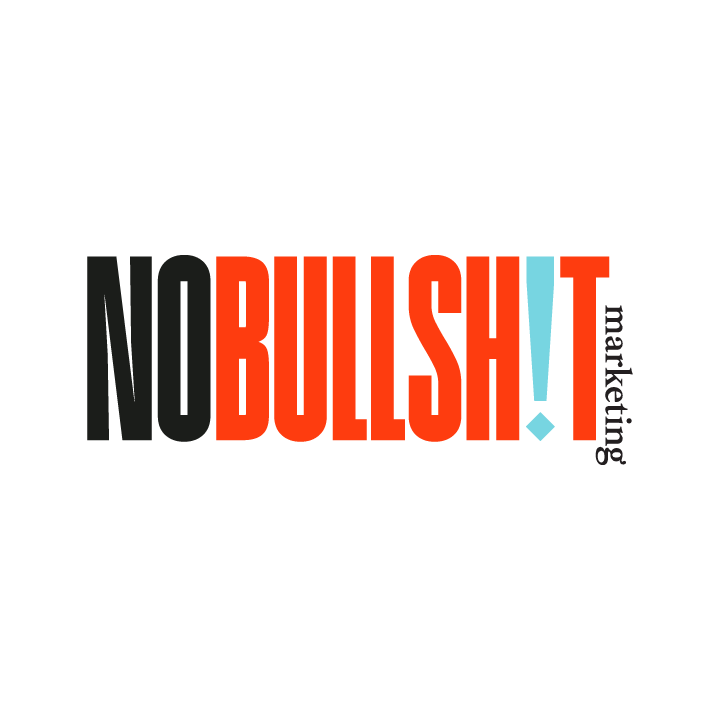Digital Marketing Budget for 2023
When you’re planning for the year ahead, there’s one expense you should consider paying more attention to … Digital Marketing. Yes, even if you’re already taking advantage of all the cost-free digital marketing opportunities you have available to you (hello, Facebook account!) you should still plan to budget funds for digital marketing so you can use more resources to a greater extent.
I bet some of you out there are protesting this idea. “But it just doesn’t make any sense,” you argue. “There’s so much digital marketing that’s free, and I can’t rationalize another expense for my business when the economy is so uncertain.”
But here’s why that mindset is not best for your business…
Digital Marketing Is Marketing of the Future
I hear you loud and clear—nobody wants to be throwing money around frivolously even during the best of economic times, and it’s looking like 2023 is going to be a little iffy. But you need to remember that digital marketing is marketing. It’s the marketing of the present and it’s the marketing of the future. The digital sphere is where most consumers are being influenced to spend their hard-earned dollars, and if you aren’t occupying that space, you’re going to miss out.
And yes, many digital marketing opportunities are free. It costs nothing to set up and post on Facebook and Instagram. Even TikTok offers brands the chance to get discovered by thousands or even millions of people at no cost. Most website hosts even let you run a blog at no additional cost above your regular hosting fee.
But all of these are the absolute minimum—they’re not reaching as many people as you need them to. Think about it this way: In terms of advertising in print, a paid digital ad on social media is like an ad in a printed publication whereas your free posts on Facebook are like the photocopied flier posted on a bulletin board above the newspaper stand. Sure, it’s printed, and sure, some people will see it, but it won’t have nearly the reach of all the ads printed in the newspapers.
More importantly, digital marketing holds more power than print marketing in the 21st century. Why? There are three main reasons.
1) Consumers are spending more time online
The average American spends three hours a day on social media. That doesn’t even count the time they spend checking email or surfing the web. This is far greater than the amount of time they spend flipping through a printed newspaper or magazine.
2) Digital marketing can be measured and analyzed
The thing with print advertising is that you don’t always know how effective it is. Sure, you can run an ad and see whether it boosts sales, but digital marketing offers far greater opportunity to see analysis and insights into how your ad performed—how many people saw your ad, clicked on it, followed through with a purchase, or any other metric of success you might want to track.
3) Digital marketing is the best use of your marketing dollar
When you compare the number of people you can reach per dollar spent, digital marketing has a far greater influence than print marketing ever could.
How to Set a Digital Marketing Budget
Now you’re starting to understand the potential digital marketing offers, right? So how much should you actually spend? Good question. A good rule of thumb is to allocate at least half your marketing budget toward digital opportunities. But if you’re completely re-examining your annual budget (and a lot of people have to do these days), here’s what you should consider:
Determine your operating costs
These are often non-negotiable—you can’t get away with cutting them without sacrificing productivity. You might be able to scale back on marketing for one month, but you can’t get away with not paying your employees or deferring your rent. Of your annual budget that’s left over once operational costs are accounted for, see whether you can allocate half to marketing. (Remember: Of that marketing budget, at least half should go toward digital marketing.)
Be selective in what digital platforms you want to invest in
If your target audience is primarily on Instagram versus Facebook, it makes much more sense to run Instagram ads without paying extra to have those ads run on Facebook. Not every platform is worth making the paid investment in advertising.
Think beyond social media
Sure, running Facebook ads is a great start, but you might also consider investing in a platform that specializes in email marketing. Your digital marketing budget should also include funds for freebies or other methods of generating leads.
Watch what your competitor is doing
It feels like cheating to copy somebody directly, but keeping an eye on the competition will help you see how they are reaching your shared target audience and help you figure out if you’re missing out on an opportunity.
Finally, take advantage of analytics
These insights can give you valuable information on what’s working and what’s not. If you’re running an ad campaign that isn’t reaching your audience the way it’s supposed to, don’t be afraid to pivot and try something new next month.

